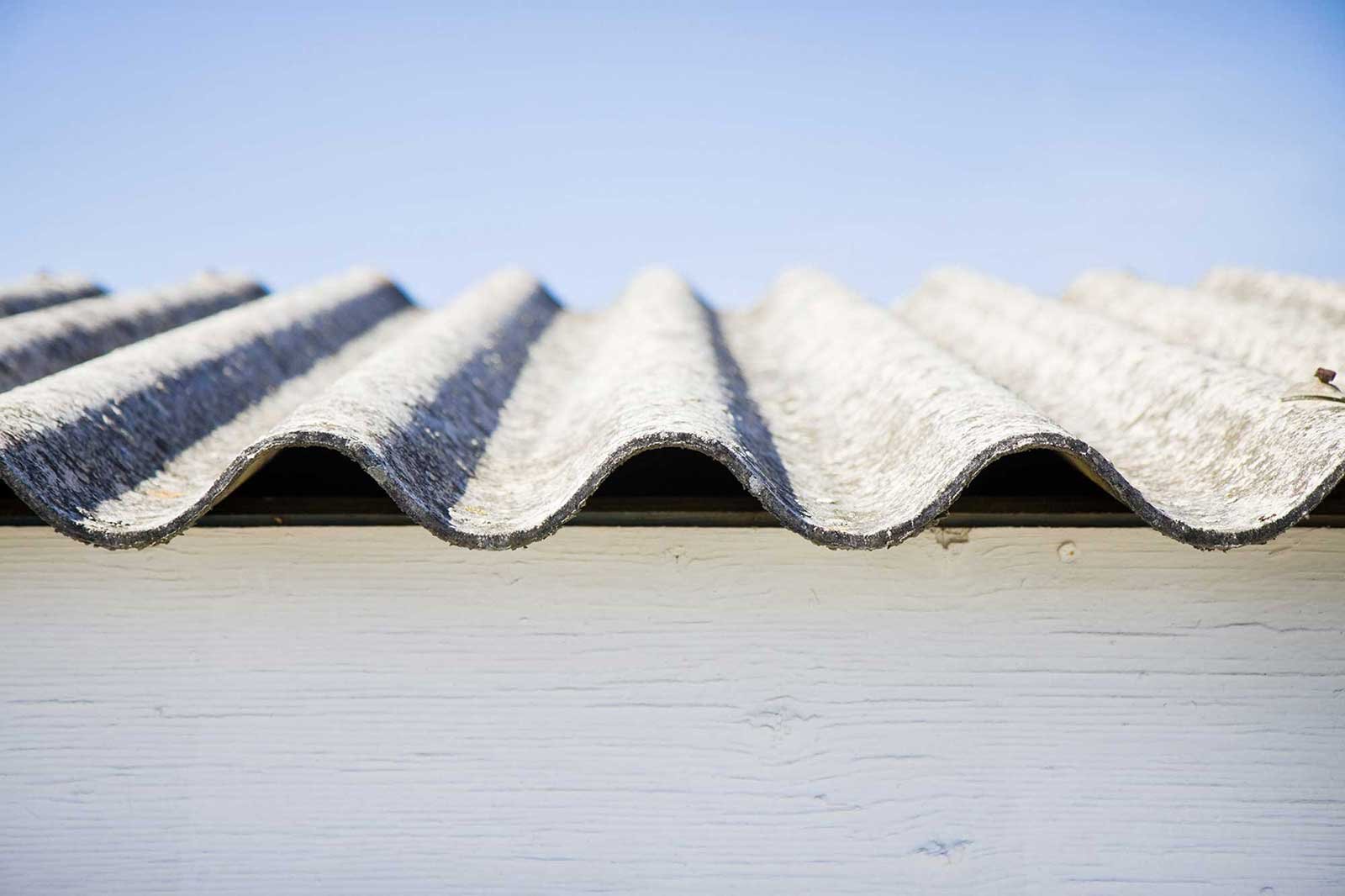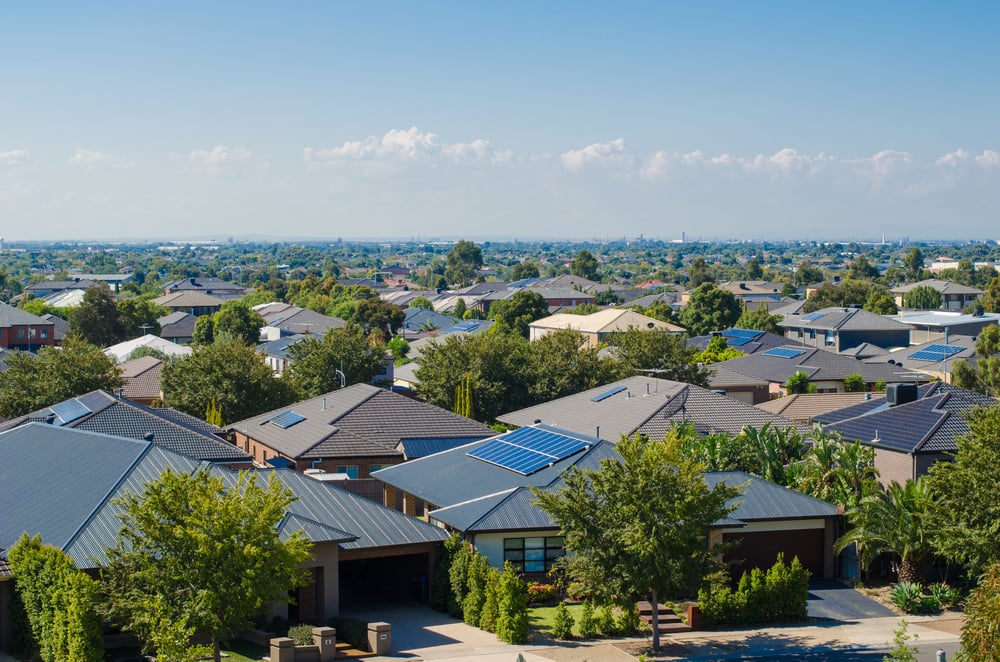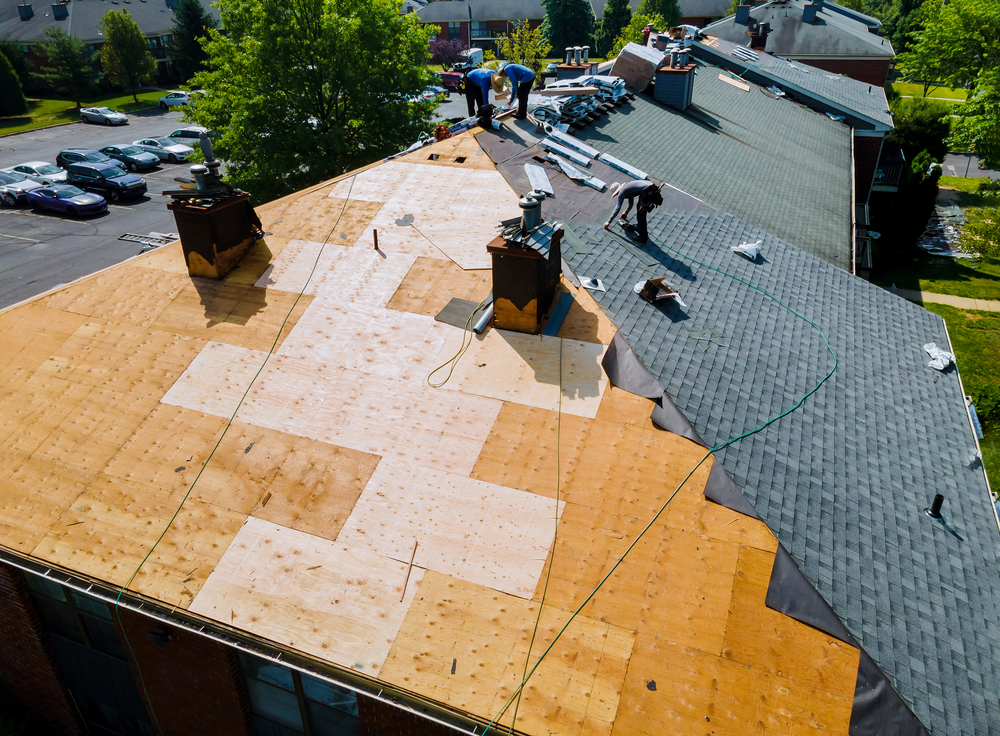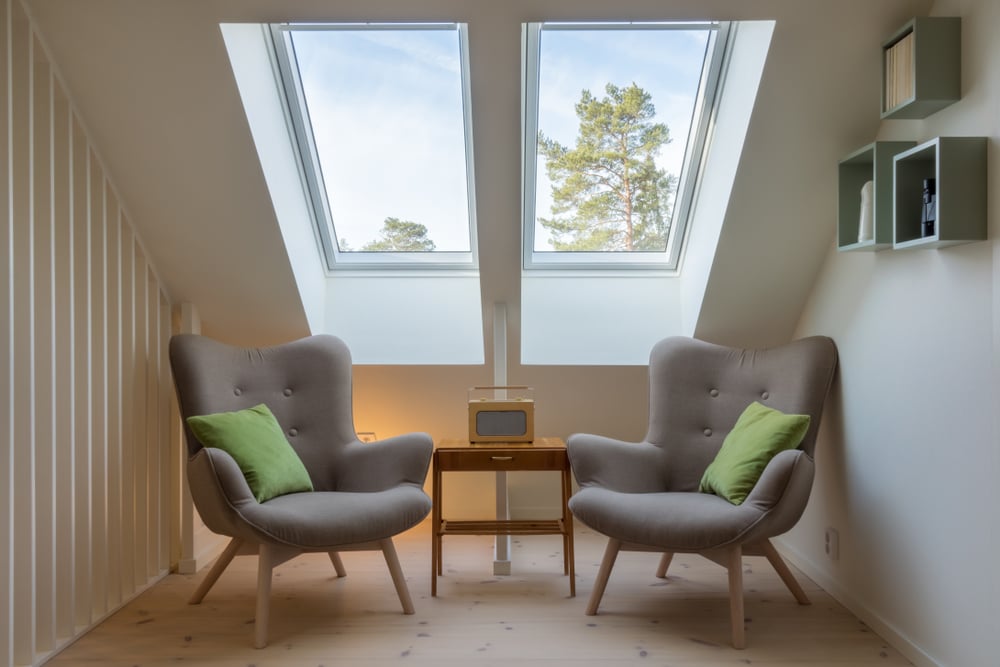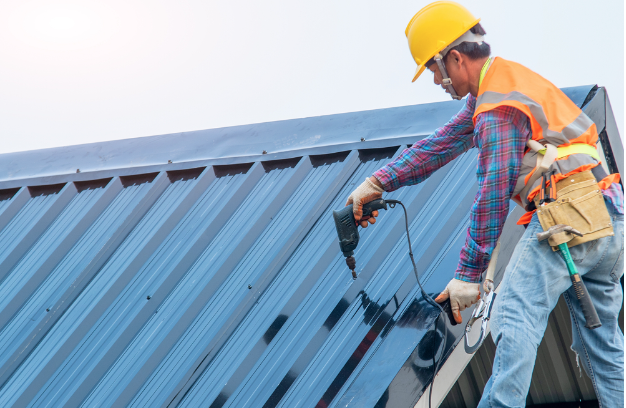
Jul
Buying a new home? 4 things to consider
Making the move and buying a new home is a big decision, and is listed as one of the most stressful situations that can occur in a person's life.
Moving house, however, can also be incredibly exciting and rewarding. However, if you are in the process of looking for a new home, you may be weighing a lot of different factors. Should you move closer to the city or further away? Do you prefer the hustle and bustle or would country-living better suit you? In this article, we take a look at four key factors you should keep in mind.

1. Are you investing or staying?
When you're buying a new home, you need to consider whether it's an investment property or a place you'd like to stay for the foreseeable future. Because depending on whether you want some form of return on your investment, you need to make sure the place you're buying can actually yield some profit for you that would make the initial purchase worth it.
A simple example would be purchasing an inner-city property vs purchasing a home in the country. You'll naturally be able to purchae a far larger place in the country (often with a good amount of acreage) for the same amount you'd pay for a smaller place in the city. However, an inner-city property is more likely to appreciate in value far quicker than your country home. So if you were to buy a country property, be prepared to sit on it for a long time before it can yield you a true profit.
2. What lifestyle do you want?
If you're the type of person who needs to be in a place with plenty of action, stimulation, and hustle and bustle, then chances are you'll want to be buying a property/home that's situated not too far from a city centre. In this situation, be prepared to pay a hefty sum to live in such an area. Unless you're exceedingly well off, you'll be looking at taking out a mortgage to assist in the purchasing process.
If the peace and quiet of country living is more your style, then you'll find that you can often purchase a fantastic home on an expansive amount of land for a price comparable or less than what you would pay for a much more dense and restricted property within city limits. Just keep in mind that while country living can be quite alluring, the peace and quiet can also be accompanied much quieter towns and far less events. You'll be okay if you can keep yourself entertained, but it may prove a little uneventful for some - even those who believe country living is closest to what they desire.
3. Upkeep
The bigger the home and property, the more upkeep it demands. When you have a large number of people living under the one roof, these multitude of tasks are manageable as every member of the house can take care of different things. But as time goes on and family moves out, you may find yourself in a home that is too large to take care of by yourself.
As you enter into the later years of your life, you may be considering the move to a smaller place where there is little-to-no pressure on you to maintain things. This is why elderly couples or individuals may move into smaller apartments where the only thing they need to maintain is the apartment itself.
However, if you do want to live in a larger home that has a sizeable front and backyard, then you need to account for how it will be maintained as you get older. Family and friends may not always be available to help out, so assess whether you'll have the money to pay professionals to clean your home, mow your lawn, etc.
4. Proximity to vital services
Another big factor that some may forget due to the excitement of thinking of a new place to live is the issue of vital services. The further you move away from city centres and key suburban locations, the more likely you are to be moving yourself away from vital services such as general practitioners, public hospitals and veterinarians. This needs to be heavily considered, especially if you or someone in your family or group who's looking to move with you have known health issues. This also applies if you have a pet.
Even if everyone involved in the move has a good health history, there's no way to predict when a sudden health issue could occur - the same goes for your four-legged friends. When this does occur, you need to know what your plan of attack is if you're a fair distance away from the nearest hospital. There are certain not-for-profit organisations out there that can offer emergency transport to hospitals if you're hundreds of kilometres away from the nearest one, but there's no guarantee they can always be available should an emergency occur - after all, they're not-for-profit and do rely on the availability of volunteers and funding from the public.
If you can find a country property within a reasonable distance of a hospital and other vital services, then it may be in your best interest to try and secure this property than one that's further away.
For those weighing up the pros and cons of moving to a place in the country, be sure to check out this Houzz article.



